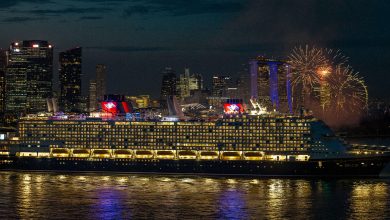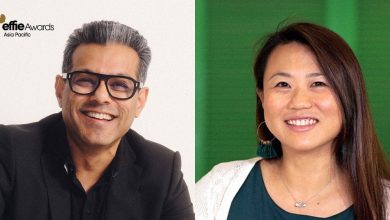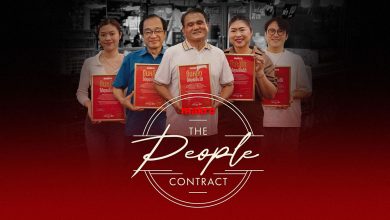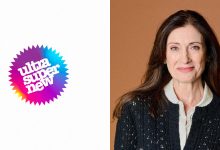Twelve ethnic Chinese creative leaders recently conducted two weeks of online judging of the LongXi NOVA Awards entries.
From a wide number of media categories, the top 10 teams shortlisted for the final stage competition of LongXi NOVA Awards are:
Ada Hu, Kevin Huang – JWT, Shanghai
Marco Wong, Sail Zhang – Publicis, Shanghai
Jamie Zhao,Jim Hau – Razorfish Consulting, Shanghai
Pickle Guo, Airy Han – BBDO China, Shanghai
Gason Wu,Jay Hsu – DDB China Group, Shanghai
Teppei Li, Ivan Wang – SGM Works – McCann Erickson Guangming Ltd, Shanghai
Max Liu – David Advertising, Taiwan
Sherry Shi, Kenny Liu – Saatchi & Saatchi, Beijing
Weng Zeyi,Mai Yong Cheng – Dentsu_Top Co. Ltd, Guangzhou
Wing Yu, Kitty Tang – Razorfish Consulting, Hong Kong
The top 10 teams are currently under three more rounds of competition from a live panel at Sanghai Fu Dan University, from November 28 to 30.
The LongXi NOVA Awards has 2 stages of competition. Each participating team first had to submit a creative two-minute video to introduce themselves and prove worthy of being in the top ten. Next, the teams download a creative brief of an anonymous credit card targeting to young people from the LongXi website.
Given 48 hours, the teams will then submit an integrated marketing and communication idea.
The teams will be rated by removing highest and lowest scores. The Top 10 teams travel to Shanghai for the final stage of competition, with all travel and accommodation cost covered by LongXi Awards.
Visit www.longxiawards.org.cn for additional information.








